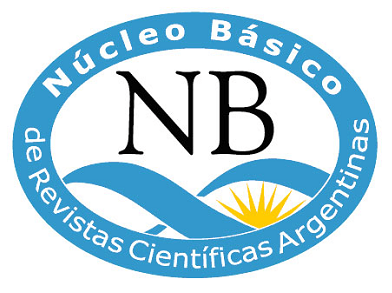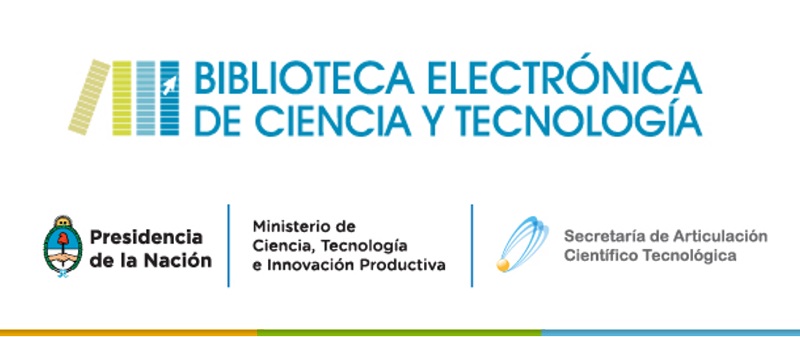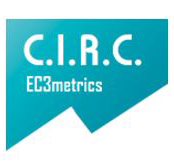Systematization and analysis of the collective edition of a book written by a community group of women
DOI:
https://doi.org/10.14409/extension.2024.20.Ene-Jun.e0009Keywords:
university extension: systematisation of experiences, authorial voice, speech genre, proofreading, textual editingAbstract
This paper discusses the process of transforming a manuscript into a book, based on the joint work between teachers of the Tecnicatura Universitaria en Corrección de Estilo of Universidad Nacional de la República and the Grupo de Mujeres Piccioli, dedicated to community work focused on the care of women in vulnerable situations. The university extension collaboration arose when the group decided to publish a book (Hurgando en la memoria) to publicize its history and generate a roadmap for other women’s groups. Given the writing characteristics of the text and the role of the Tecnicatura in the editing process of the the original, we are interested in studying, from the perspective of discourse analysis, the construction of authorship and speech genre, in order to reflect on the particularities of a group creation generated by a social collective.
References
Bajtín, M. (1998). Estética de la creación verbal. Siglo XXI Editores.
Blombäck, C. (2017). Voz diaspórica e identidad femenina en De cómo las Muchachas García perdieron el acento de Julia Alvarez. Universidad de Gotemburgo. https://core.ac.uk/display/78631974?utm_source=pdf&utm_medium=banner&utm_campaign=pdf-decoration-v1
Bralich, J. (2007). La extensión universitaria en Uruguay. Antecedentes y desarrollo en la Universidad de la República desde sus inicios hasta 1996. CSEAM.
Claramunt, A., Machado, G. y Rocco, B. (2018). Recrear lo colectivo: Trabajo Social, estrategias de intervención y sus componentes ético–políticos. Fronteras, 11, 115–124. https://hdl.handle.net/20.500.12008/20002
Cazzaniga S. (2006). La noción de sujeto de la relación profesional en Trabajo Social [Ficha de cátedra]. Facultad de Trabajo Social, Universidad Nacional de Entre Ríos.
Fairclough, N. (1995). Critical Discourse Analysis. The critical study of language. Longman.
Fairclough, N. y Wodak, R. (2000). Análisis crítico del discurso. En Van Dijk, T. E. El discurso como interacción social. Gedisa.
Furtado, V. (2022). Mujeres transformando el silencio en lenguaje y acción. Las prácticas discursivas del feminismo en el Uruguay contemporáneo [Tesis de maestría]. Facultad de Humanidades y Ciencias de la Educación, Universidad de la República. https://hdl.handle.net/20.500.12008/37040
Gutiérrez Aguilar, R. (2020). Producir lo común. Entramados comunitarios y formas de lo político. Re–visiones, 10, 1–17: https://dialnet.unirioja.es/servlet/articulo?codigo=7742076
Hall, S. (1996). Introducción: ¿quién necesita “identidad”? En S. Hall y P. du Gay (Comps.), Cuestiones de identidad cultural. Amorrortu.
Jara, O. (2018) La sistematización de experiencias: práctica y teoría para otros mundos políticos. Centro Internacional de Educación y Desarrollo Humano. https://repository.cinde.org.co/bitstream/handle/20.500.11907/2121/Libro%20sistematizacio%CC%81n%20Cinde-Web.pdf?sequence=1&isAllowed=y
Piccolini, P. (2019). De la idea al libro. Un manual para la gestión de proyectos editoriales. Fondo de Cultura Económica.
Quirós, J. (2014). Etnografiar mundos vívidos. Desafíos de trabajo de campo, escritura y enseñanza en antropología. Publicar, (17), 47–65. http://hdl.handle.net/11336/50883.
Valles Calatrava, J. (2008). Teoría de la narrativa: una perspectiva sistemática. Iberoamericana Editorial.

Downloads
Published
How to Cite
Issue
Section
License
Copyright (c) 2024 Eliana Lucián, Sandra Román, Cecilia Torres Rippa

This work is licensed under a Creative Commons Attribution-NonCommercial-ShareAlike 4.0 International License.


























